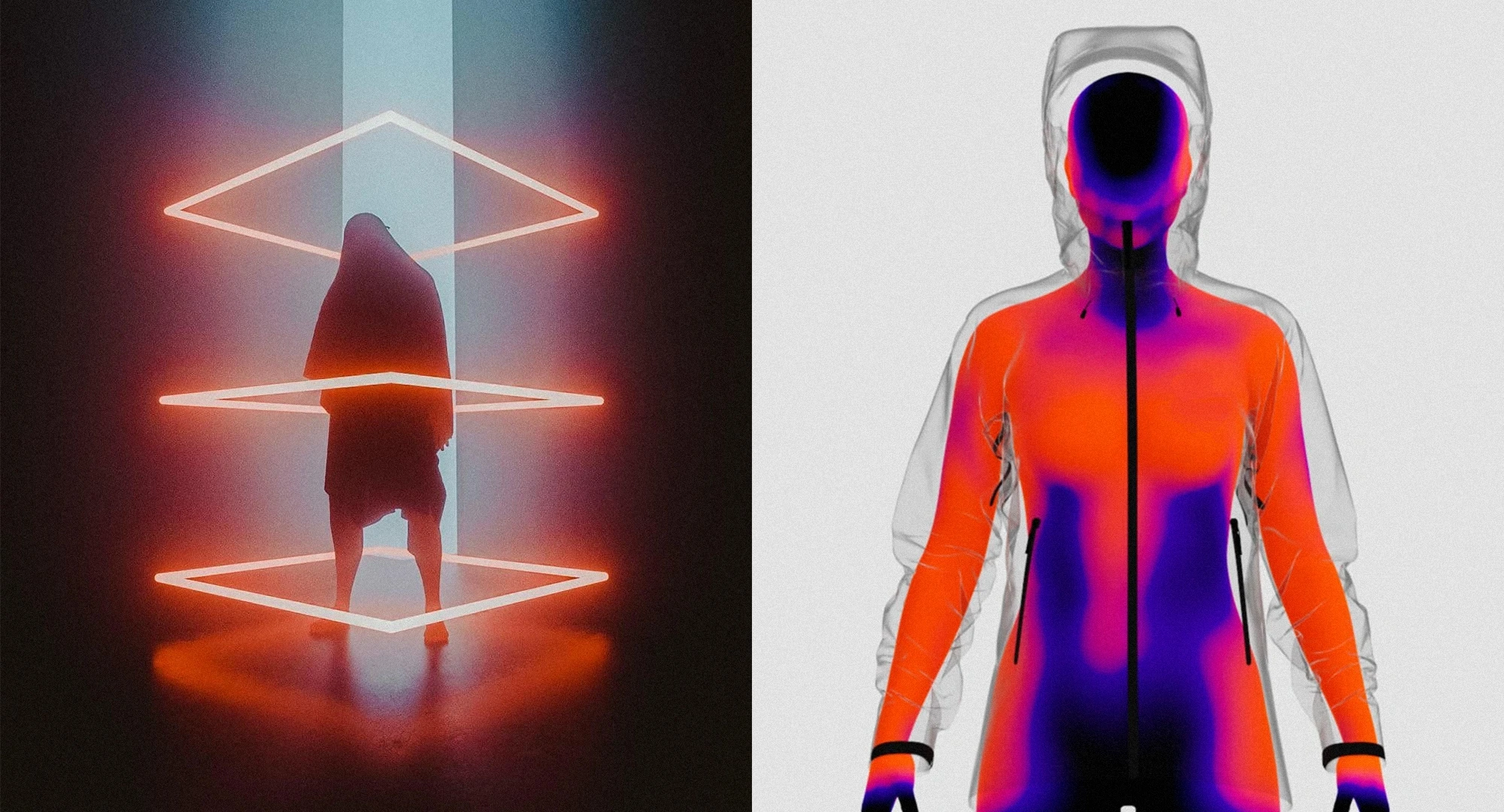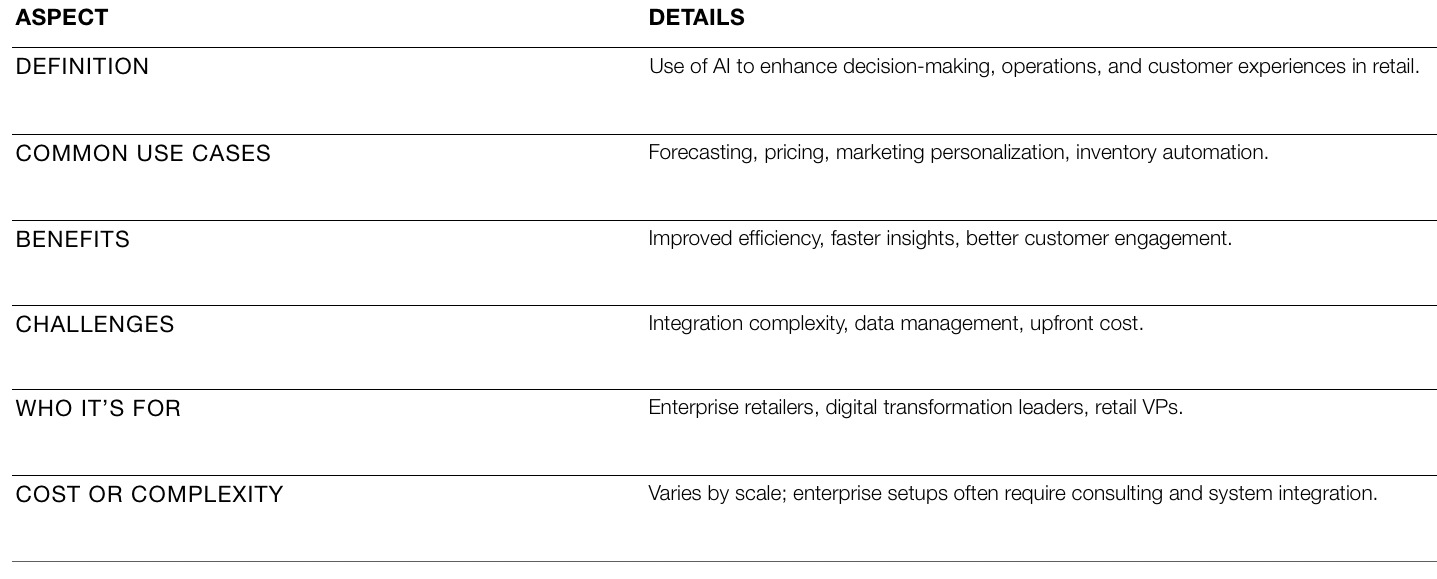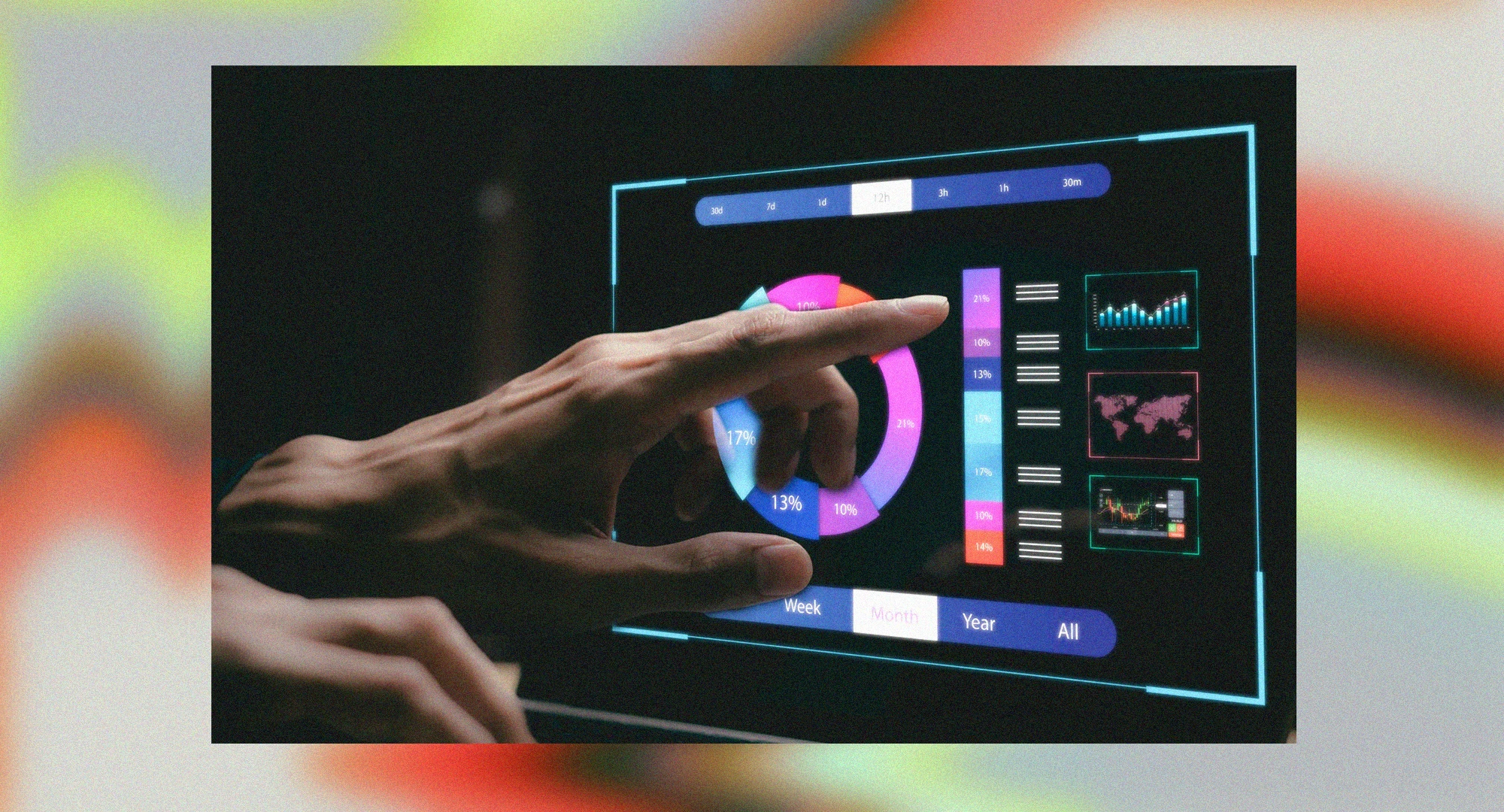
AI in Retail Explained | Retail AI Integration & Solutions
Retail brands face new challenges in keeping up with digital expectations. Customer behavior changes quickly, and traditional retail systems can no longer manage data or personalize experiences efficiently. Many leaders now explore how AI in retail can help drive smarter decisions, improve operations, and deliver value to customers.
This article explains how AI in the retail industry works, why it matters, and how leading brands can apply it effectively. It answers the most common questions about retail AI solutions, giving directors, VPs, and heads of enterprise retail companies the clarity to move forward with confidence.
Market Context: Disruption & Opportunity
The retail industry is changing fast. Physical stores and digital platforms now operate together, but many systems are outdated and disconnected. Data sits across platforms, leaving leaders unsure how to predict trends or manage customer expectations. AI in retail stores helps brands address these gaps by creating a connected view of customer behavior and store performance.
Adopting AI for retail is not only about technology—it is about speed and accuracy in decision-making. Companies that use retail AI optimization can automate inventory control, personalize marketing, and detect demand patterns faster than competitors. This shift redefines how retail organizations plan, market, and serve customers.
FAQs Snapshot

What is AI in Retail?
AI in retail refers to the use of artificial intelligence to improve decision-making, automate processes, and enhance customer experiences. Retailers use it to forecast demand, optimize pricing, and deliver personalized shopping experiences both online and in stores. The goal of AI for retail is to increase efficiency and profitability while improving customer satisfaction.
Why is AI important in the retail industry?
AI in the retail industry helps brands turn data into action. It improves accuracy in forecasting, identifies customer trends, and supports real-time decision-making. Retailers that use retail AI solutions gain insights that drive better product placement, pricing, and customer service.
How does AI work in retail stores?
In retail stores, AI systems collect and analyze data from cameras, sensors, and point-of-sale systems. This enables automated shelf monitoring, customer traffic analysis, and inventory management. Using AI in retail stores, managers can reduce waste, prevent stockouts, and improve staff allocation.
What is generative AI in retail?
Generative AI in retail creates new content such as product descriptions, marketing copy, and design variations. It helps brands scale personalization, streamline creative work, and improve engagement. Using generative AI for retail, marketers can quickly test messaging and product visuals that align with customer preferences.
How can retail AI optimization improve performance?
Retail AI optimization focuses on refining operations across pricing, logistics, and marketing. AI models identify inefficiencies and adjust processes in real time. This leads to better margins, fewer errors, and stronger customer engagement.
Are retail AI solutions scalable for enterprise use?
Yes. Most retail AI solutions are designed to scale across large enterprise networks. They integrate with existing data systems and help unify insights from stores, warehouses, and digital channels. Scalability is a key reason why large retail brands invest in AI for retail.
Benefits of AI in Retail
AI in retail helps companies streamline operations, predict customer needs, and improve profits. It enables real-time decisions that keep retail operations responsive and efficient.
Retailers using retail AI solutions see faster stock replenishment, improved pricing accuracy, and better customer targeting. AI in retail industry analytics enhances decision-making by uncovering demand trends and predicting seasonal shifts. Generative AI in retail also improves content creation, while retail AI optimization supports precise marketing campaigns and cost control. Together, these systems give brands a measurable competitive advantage.
Quick Summary Table

Let’s kickstart the conversation and design stuff people will love.

Deep-Dive Sections

What It Is & Why It Matters
AI in retail industry means applying algorithms to interpret data and make accurate predictions. It matters because modern retail depends on timely insights. AI helps retailers manage inventory, plan promotions, and improve customer satisfaction. Without it, companies risk slower operations and missed opportunities.
How It Works
AI for retail uses machine learning and analytics to process structured and unstructured data. It identifies relationships between variables such as price, location, and customer behavior. These insights support automated actions like product recommendations, targeted marketing, and demand forecasting. Retail AI optimization ensures that processes run efficiently, reducing waste and cost.
When to Use It (and When Not To)
Brands should use AI in retail when they manage large amounts of customer or operational data that manual analysis cannot handle. It works best for businesses with digital or omnichannel strategies. However, it is not ideal for small stores without data infrastructure or where human-led experience is the main value.
Tools or Platforms Involved
Retail AI solutions often integrate with ERP, CRM, and POS systems. Tools like analytics dashboards, machine learning engines, and personalization software help automate processes. Companies use generative AI in retail to produce creative content and support marketing workflows efficiently.
Cost Considerations
The cost of AI for retail depends on data complexity, integration, and vendor selection. SaaS solutions start at low monthly fees, while enterprise-scale systems may involve consulting and setup costs. Over time, efficiency gains offset investment through improved sales and reduced waste.
Integration or Setup Requirements
Integrating AI in retail stores requires data readiness, clean information flows, and secure APIs. Retailers often work with consulting firms to connect legacy systems and ensure smooth deployment. Proper retail AI optimization depends on having unified, reliable data sources.
Scalability & Flexibility
Enterprise retailers benefit most from scalable systems. Modern retail AI solutions can handle large transaction volumes, adapt to new data inputs, and expand across regions. Generative AI for retail adds flexibility by allowing creative teams to test campaigns across multiple markets.
Trends
Current trends include the use of generative AI in retail for marketing automation and predictive analytics for supply chain management. Retailers increasingly use AI for retail to personalize customer journeys and reduce manual tasks. As technology evolves, retail AI optimization will continue to define competitive advantage.
Pros and Cons
Pros:
- Efficiency: Automates tasks and reduces human error.
- Accuracy: Improves forecasting and pricing precision.
- Scalability: Expands easily across global retail networks.
- Personalization: Delivers targeted marketing and customer experiences.
Cons:
- Cost: High initial setup and integration expenses.
- Data quality: Requires consistent, clean data for accuracy.
- Complexity: Needs skilled teams and clear strategy.
- Privacy concerns: Must ensure compliance with customer data regulations.
How G&Co. Can Help

G&Co. helps enterprise retailers implement AI in retail strategies that drive measurable results. Our team supports digital transformation through consulting, integration, and optimization. We guide clients in identifying the best retail AI solutions, connecting systems, and maximizing impact. With experience across leading retail brands, we understand what drives performance and what does not.
Talk to us to clarify your strategy and move forward with confidence.
Conclusion & Next Steps
This article explained how AI in retail industry helps brands strengthen operations, predict customer demand, and improve overall performance. From retail AI optimization to generative AI for retail, these solutions help leaders build efficiency and value.
At G&Co., we’ve worked alongside clients to implement similar shifts—through digital strategy, customer journey redesign, and technology integration. Our expertise enables brands to translate insights into measurable market advantage.
Still have questions? Reach out and let’s solve them together.






%20(1).png)




